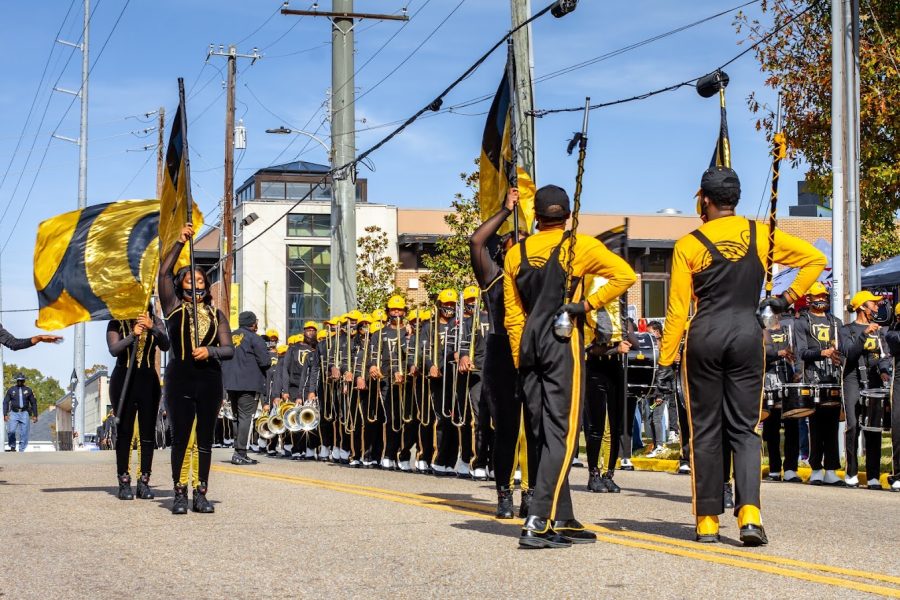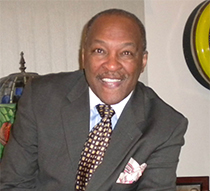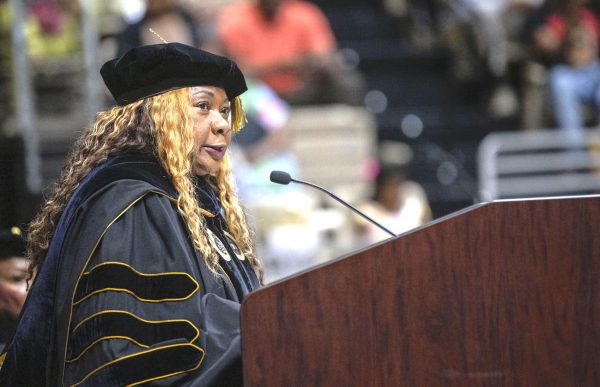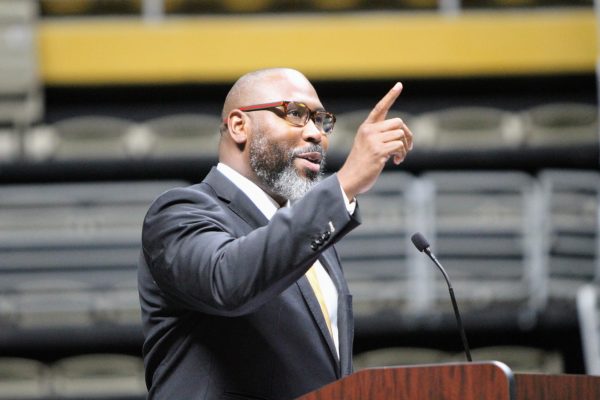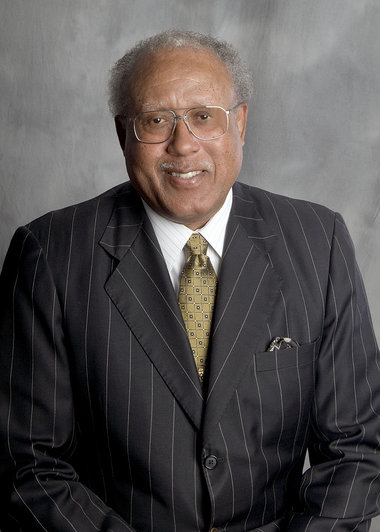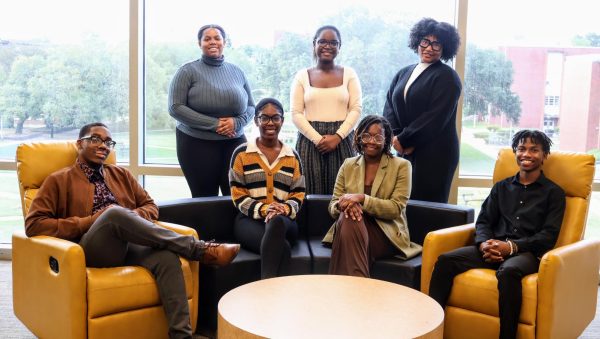Column: Should university administrators do more to build school pride?
November 20, 2021
or the school I saw so many have.
Entering Alabama State during COVID-19, I quickly saw the effects the pandemic had on the school. I would ask staff, faculty, coaches, and upperclassmen a plethora of questions to help give me some type of understanding. Their responses were mixed, but I started picking up the pieces as my experience with the university continued.. It was slow, but I grasped the pride and contentment for my university yet, I still felt many elements were missing.
During my initial year here, I rolled with the punches, often comparing my ASU experience with friends and peers at other institutions such as Alabama Agricultural and Mechanical University, Florida Agricultural and Mechanical University, Hampton University, and Prairie View Agricultural and Mechanical University. The comparison and contrast I would conduct in my head made me realize the key piece ASU is missing is pride. My upperclassmen peers would always mention the plethora of events and activities they were a part of when they were in undergraduate studies here. They explained there was “more freedom” and felt like they truly let them be college students. This, therefore, created a heightened sense of pride and joy for them.
Alumna and historical trailblazer Barbara Williams stated, “We seem so conservative on campus … Students should have more freedom to be out. Be a student.” She remembers cookouts and barbecues that would take place around the campus, along with eating lunch in the quad or the amphitheater. In the past, there were several gatherings together and there was not a sense of being separated. Such as parades on campus and competitions between different dormitories. Teachers would have a presence of mind to dismiss class early or cancel class because they knew of the yearly homecoming activities. It is actions like this that create an element of pride and worthiness to not only the student but to the university as well to enjoy this time and add flavor to our lives as college students, according to Williams.
Fast forward to the present day and those elements are non-existent. If you ask students what is the epicenter of pride around campus, the majority of answers would be the Mighty Marching Hornets with the Stingettes or Greek life. This simply should not be the only basis for joy and delight on an HBCU campus. Alabama State University is a part of the largest annual HBCU classic in the nation yet lost four years in a row. It is hard to have pride in that. It saddens me when I hear students speak about why they came here and it is mostly, “Because it was free” or “I don’t know.” If a number of your student body feel this way, change must be made by administrators. The current retention rate is 59%, 10% behind the nationwide average, showing that something new must be done.
There are so many suggestions, big and small, that students, faculty and staff have made to try changing the tone around campus. Small suggestions like instilling breakfast at night during big events such as Homecoming or Magic City Week. To the bigger implementations like renovation of buildings and dormitories. The common theme from both the older and younger generations is that Alabama State University is not what it used to be. Any administrator that hears that should take assiduous action.
The answer to this is simple: listen to the students and act. Listening to the students shows nothing when there is no change but acting shows you care. The student’s perception of them will ultimately show the legacy and impact of administrators and individuals in high places. Creating a better sense of who we are as Hornets on a national scale should be the goal of anyone stepping on the ground of O’ Mother Dear, but we must work on the campus level first. No student should be paying tuition for ASU while wishing they were at another institution. No student should be robbed of their college experience. No student should feel like they have to change the culture of a whole campus. It is up to the administration to take the necessary action for current and future students.


